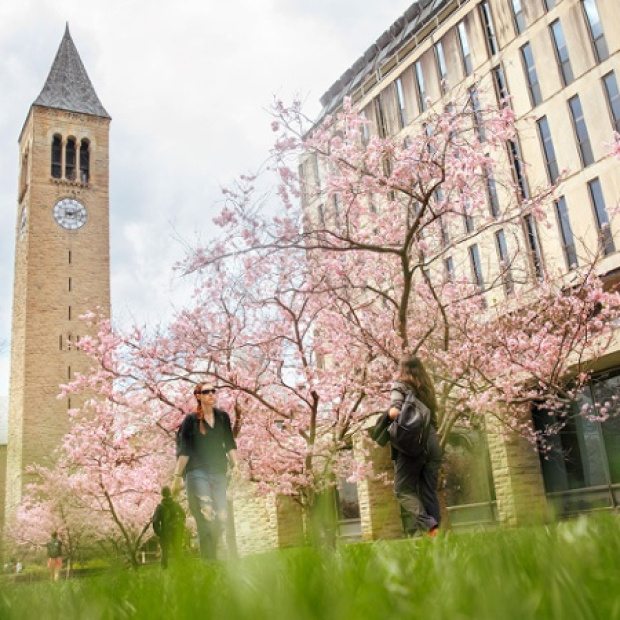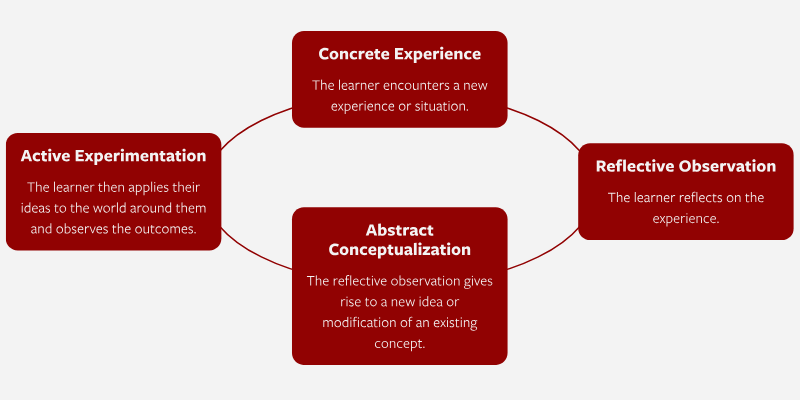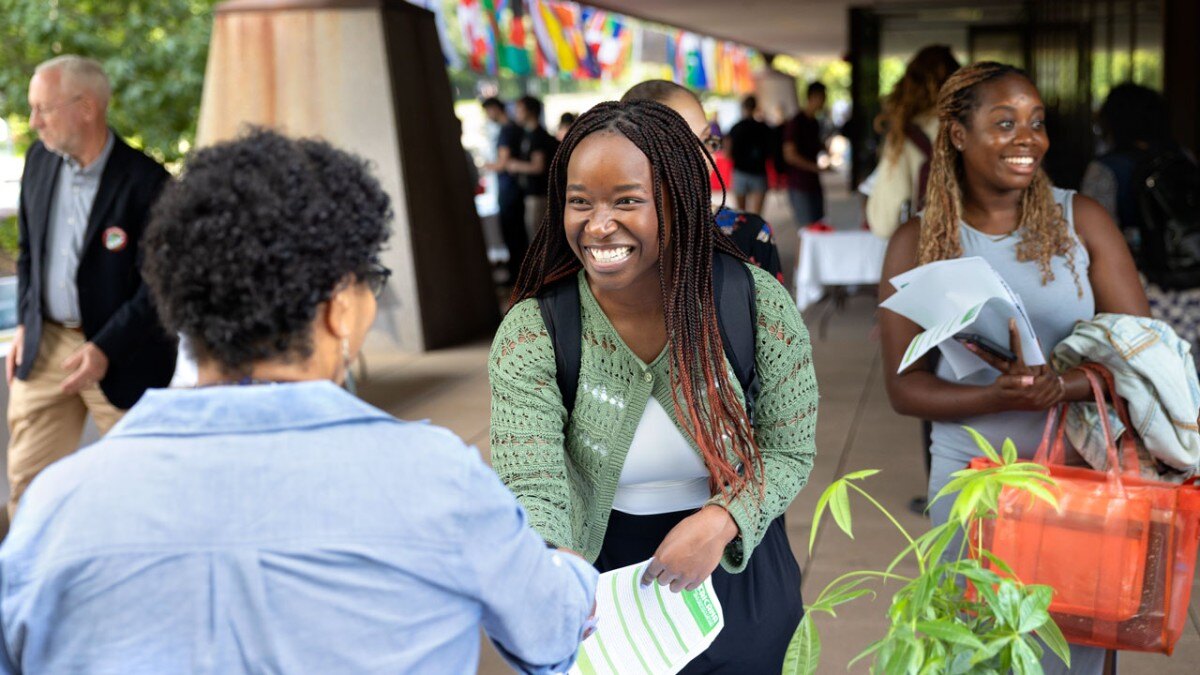Chapter 1:
The Value of Experiential Learning
Internships and externships are both forms of experiential learning. In this chapter, we’ll take a look at the theory behind this approach to learning, how it works, and how it’s beneficial to students like you.
Close
- Home: Externship and Internship Advantage Guide
- Chapter 1: The Value of Experiential Learning
- Chapter 2: Externships vs. Internships
- Chapter 3: Things to Consider When Applying for Internships
- Chapter 4: Hands-on Learning at the Brooks School of Public Policy
- Chapter 5: Beyond Your MPA Internship or Externship: Career Support for Brooks School Students
Benefits of Experiential Learning
Experiential learning is the process of learning by doing — or learning through reflection on doing. This approach to learning moves beyond the classroom and aims to facilitate a more active and involved way of developing skills.
While the general concept of learning through experience is ancient, beginning in the 1970s, David A. Kolb helped to develop the modern theory of experiential learning. This theory draws heavily on the work of John Dewey, Kurt Lewin, and Jean Piaget. Kolb defines learning as, “the process whereby knowledge is created through the transformation of experience.” For Kolb, experience is the source from which all learning stems.


How the Brain Responds to Learning by Doing
Learning mechanisms in the brain are triggered by practice and repetition. The more connections between neurons are formed, the more we learn, and the more information we retain. When the brain is given multiple avenues through which to connect to an idea, an action, or a theory, the more opportunities there are for neurons to fire and learning to occur. When taken together, the full range of senses helps students learn material in a more concrete manner.
Thanks to our complex brains and conscious train of thought, we’re able to learn through the mental reporting of facts (like what happens when you memorize the lyrics to your favorite song). But it’s usually not as efficient as learning by using the information in the real world.
The most effective, and most satisfying, way to learn is through constant real-world challenges. This is how babies learn to move their bodies and use language. It’s how athletes refine their skills, and how adult learners who move to a foreign country quickly learn a second language.
Studies show that only certain parts of the brain activate during different sensory learning experiences. For example, visual learning will activate a different part of the brain than auditory learning does.
A report by the University of California, cited in the journal Trends in Cognitive Sciences, states that, “People generally remember 10 percent of what they read, 20 percent of what they hear, 30 percent of what they see, and 50 percent of what they see and hear.” When all the senses are used in a hands-on experience, retention rates can reach as high as 75 percent. So combining the senses through comprehensive experiential learning is beneficial to all students — regardless of their personal learning styles.
Kolb’s Experiential Learning Cycle
Kolb's experiential learning theory is typically represented by a four-stage learning cycle:

The learning cycle can begin at any one of the four points. When the new ideas are put into action, they become the basis for a new cycle of experiential learning.
How Cornell’s MPA Promotes Hands-on Learning
The Cornell Brooks School’s Master of Public Administration is a professional degree for students seeking a career in public management and public policy. Our two-year program prepares you for management and leadership careers in public service — and a key component of the curriculum is our Practical Experience requirement.

As part of the requirement, MPA students are required to gain direct experience with professional work in public affairs through one of these options:
-
Off-Campus Study/Externship Programs
-
Graduate Certificate Programs (in Environmental Finance and Impact Investment, Infrastructure Project Management and Finance, or Systems Thinking, Modeling, and Leadership)
We’ve found that this hands-on experience complements the formal coursework that students complete. Our students often say that they’re drawn to Cornell’s MPA because of the emphasis we place on experiential learning, with hands-on opportunities offered both inside and outside of the classroom.


